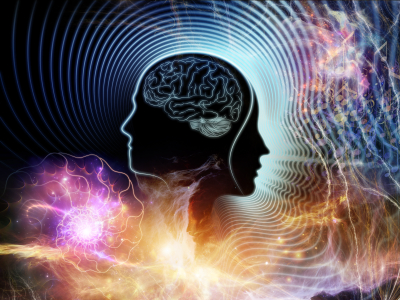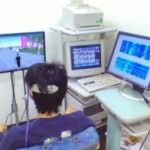Famous neurologist and psychotherapist Sigmund Freud wrote about dreams extensively in early 20th century and ever since then, dreams have been a popular topic of scientific studies and are, since early days of psychoanalysis, considered a manifestation of one’s deepest desires, anxieties, fears and obsessions.
Freud even developed a psychological technique to interpret and understand symbols, motifs and images that appear in our minds. In the past few years, some would say decades, science has taken it even further and now it’s safe to say that scientists can predict your dreams. Is this really true? If it is, how is it even possible? Are all these claims actually backed up by scientific research? What does the future hold? Read on to find out more about this topic.
Scientists Can Predict Your Dreams – With a Little Help From Technology
A new study, conducted at the ATR Computational Neuroscience Laboratories in the city of Kyoto in Japan, by Yukiyasu Kamitani and his colleagues, indicates that a computer (so called “brain scanner”) can predict what you’re dreaming about by measuring brain activity. Basically, by using magnetic resonance imaging or MRI, Kamitani’s team of scientists was able to accurately and in real time detect, define and display a wide variety of images that were appearing in a persons dream.
Images, but also different objects and patterns, such as: “tree”, “ice pick”, “key”, “bed”. Thanks to magnetic resonance imaging scientists were able to examine the flow of blood to the brain and therefore they were able to see the images volunteers were seeing, on their computer screens.
The co-author of this somewhat controversial study , famous scientist at Brown University Masako Tamaki, has stated: “We know almost nothing about the function of dreaming and by using this scientific method, we may actually be able to know more about this topic.” Researchers also said that this study can be of great help to scientists, when it comes to understanding what happens in the human brain when a person has bad dreams or nightmares. Other scientists have described this study as successful and stunning in its detail.
Needles to say, volunteers that participated in this study were shocked to see photos corresponding to their dreams after they woke up. Scientists were able to successfully predict what kind of images were volunteers dreaming about, with about 60% accuracy and it can be said that this is actually the first time in the history of science that objective data has been collected from dreams.
It’s still not known why people dream. There are two schools of thought. Some believe dreams are irrelevant and simply a product of the sleep cycle, while others (such as previously mentioned famous Sigmund Freud) believe dreams have a much deeper meaning. Previous research has actually shown that it may be possible to, to an extent, “decode” brain activity in order to find out what people are thinking about.
What Does The Future Hold?
What does the future hold when it comes to Oneirology (scientific study of dreams)? How far will scientists go with their research and will they be able to see images that we dream in the future on their computer screens, just as we are able to watch a YouTube video? What implications does this have for sleep research and psychological therapy? All of that remains to be seen, but in the end, it’s safe to say that all of that that has once been a subject of philosophy and science fiction movies and comic books is slowly, but surely, becoming reality. Will we soon be able to go into people’s dreams like in the famous movie “Inception”? Not likely in the near future, but who knows what may happen in a few decades time.


